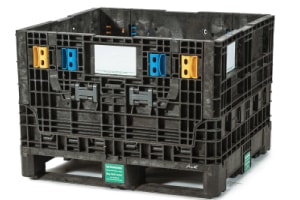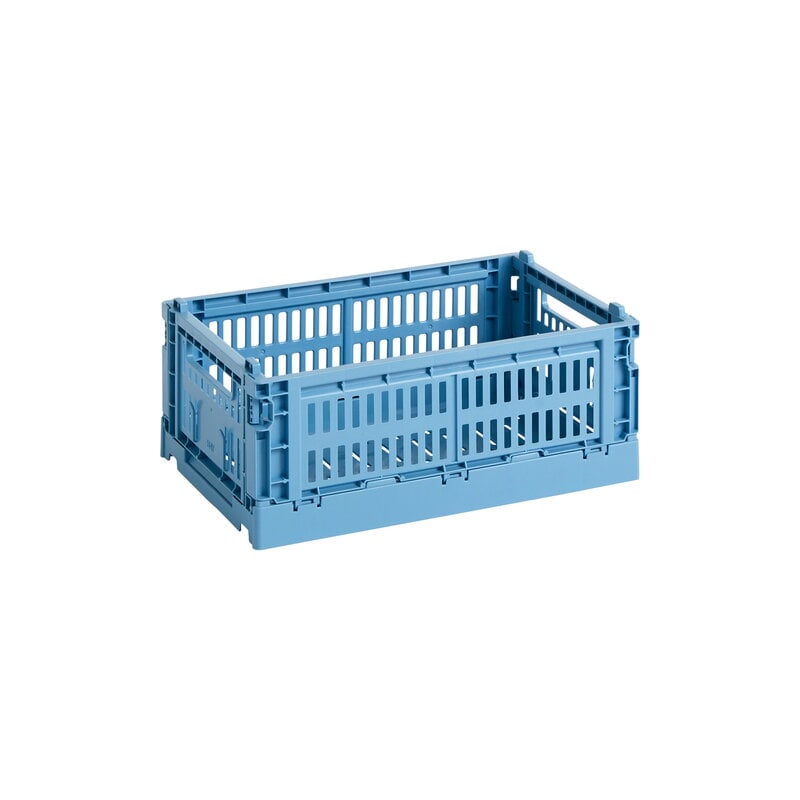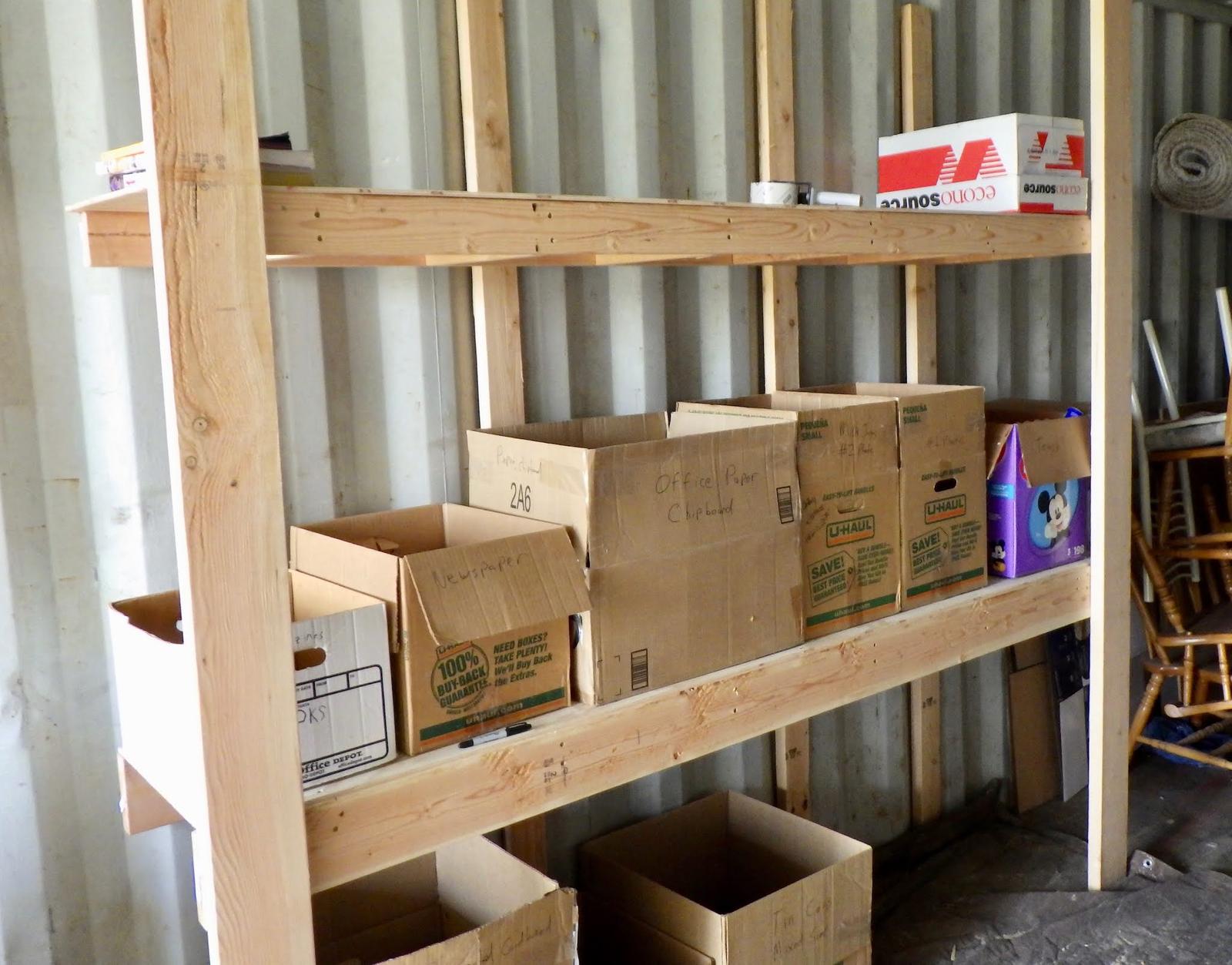From Waste to Source: Purchasing Recycled Plastic Containers
Maximize Your Recycling Influence by Reusing Used Plastic Containers
The influence of recycling can be additional intensified by integrating the method of recycling made use of plastic containers (used plastic containers). The opportunities are considerable, and the benefits are significant, making the undertaking of optimizing recycling impact with recycling plastic containers a intriguing and worthwhile method to discover.
Benefits of Reusing Plastic Containers
Recycling plastic containers not only decreases waste however additionally adds significantly to environmental sustainability. By opting to recycle plastic containers rather of discarding them after a solitary use, individuals can play a crucial function in decreasing the need for brand-new plastic manufacturing. This technique directly translates to a reduction in the consumption of basic materials, power, and sources needed for manufacturing new containers.

Furthermore, recycling plastic containers helps in reducing the quantity of plastic waste that ends up in land fills or pollutes our seas and natural habitats. Plastic air pollution is a pressing international concern, and by prolonging the lifespan of plastic containers with reuse, we can minimize the adverse effect on the atmosphere. Additionally, recycling plastic containers can bring about a reduction in greenhouse gas discharges connected with the production and transport of new plastic products.
Fundamentally, the straightforward act of reusing plastic containers can generate substantial environmental benefits by saving resources, decreasing waste, and decreasing contamination, making it a sensible and impactful sustainability practice for areas and individuals alike.
Imaginative Upcycling Concepts for Containers
Taking into consideration the environmental benefits of prolonging the life expectancy of plastic containers with reuse, exploring innovative upcycling ideas provides a cutting-edge technique to more sustainability initiatives. There are countless inventive methods to repurpose utilized plastic containers, contributing to waste decrease and advertising eco-conscious habits. Another upcycling concept is to use large plastic containers, such as laundry detergent containers, as storage containers for items like toys, craft products, or even as makeshift planters for tiny indoor yards.
Tips for Effectively Cleansing Containers
To correctly tidy made use of plastic containers, start by clearing any type of remaining contents and washing them with cozy water to get rid of food particles and deposit. For containers with tiny openings or tight edges, consider utilizing a bottle brush or tooth brush to reach all areas. By adhering to these cleaning ideas, you can make best use of the life-span of your plastic containers and advertise a healthier environment.
How to Store Reused Containers Successfully

Impact of Reusing on the Setting
Reusing containers has a significant favorable impact on the setting by minimizing waste and saving resources. When containers are recycled instead of being discarded after a solitary use, it aids in decreasing like this the quantity of plastic waste that ends up in land fills or oceans.
By reusing plastic containers, the need for brand-new production declines, resulting in reduced discharges linked her latest blog with the manufacturing and transportation of new items. In general, the ecological advantages of reusing containers are considerable and play an essential duty in promoting sustainability and lowering the influence of plastic on the earth.
Final Thought
Finally, recycling made use of plastic containers can significantly decrease waste and reduce the environmental effect of single-use plastics. By artistically upcycling containers, effectively cleansing them, and efficiently storing them, individuals can maximize their recycling initiatives and add to a more sustainable future. Making a conscious effort to recycle plastic containers not just profits the setting yet additionally urges a more green way of living overall.
